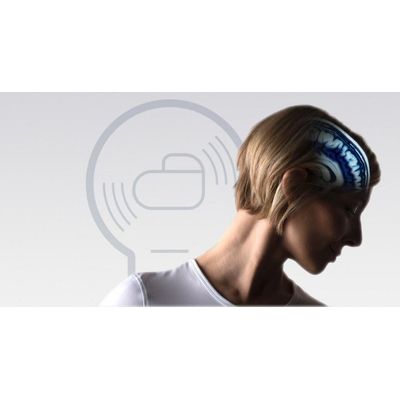

- Home
- Companies
- Biotronik SE & Co. KG
- Products
- Biotronik - Model ProMRI - MR ...

Biotronik - Model ProMRI - MR Conditional Devices
For many years, patients with a pacemaker, ICD or CRT device, have been denied access to MRI. The cardiac devices were not approved for MRI scanning and the influence of magnetic resonance imaging on implanted cardiac systems was not yet tested.
In 2009 BIOTRONIK received, as one of the leading medical device companies, its first approval to label a pacemaker family and the respective leads as MR conditional. Today BIOTRONIK offers in more than 100 countries a comprehensive portfolio of pacemaker-, ICD- and CRT systems and cardiac monitors which are tested and approved to be MR conditional. BIOTRONIK therefore allows patients implanted with these device systems to undergo MRI scans under certain conditions.
To receive approval for MRI usage, a new set of requirements were added to the design and testing of the cardiac device system. The cardiac devices and the leads are tested individually and as a combined system, as approval is only given for the specific combinations of lead(s) and devices.
Examples of additional requirements are:
- No significant change in temperature of the lead(s) in the MRI environment. The leads can act as an antenna and dissipate the energy of the radio frequency field as temperature rise to the tip of the lead.
- Ensure optimal therapy through specific MRI modes of the devices. The MR environment may lead to inadequate sensing of the heart rhythm or unintentional pacing.
- Withstand electromagnetic interference. The strong static, gradient and RF fields present in the MR environment may affect the electrical operation of the device or its software.
Interaction between MRI fields and body in an MR environment
Our efforts in design and the extensive testing of the ProMRI technology in our products have resulted in MR conditional devices in all areas of arrhythmia management:
- MR conditional cardiac monitors, pacemakers, ICDs, CRT-P and CRT-D systems and their leads
- Cardiac devices approved for 1.5 Tesla and 3.0 Tesla MRI scanners
- More than 1.000.000 sold products MRI approved worldwide
To minimize barriers for device patients to undergo the MRI scanning they need, we continue our efforts to have our MR conditional systems approved for 1.5 T and 3.0 T MRI scanners, allowing full-body MRI scanning and streamlining the scanning procedure.
The latest innovation in this field is MRI AutoDetect. Cardiac devices with this feature have a new built-in sensor detecting the MR environment and automatically adapting the therapy mode during the MRI scanning. As a result, the workflow of device programming is improved and the scanning procedure for cardiac device patients is simplified.
MR imaging is the preferred diagnostic modality for many soft tissue, sometimes life threatening conditions. As many patients with a cardiac device also have other comorbidities, up to 75% of these patients will need an MRI in their lifetime1.
In 2012, the overall number of MRI scans in the US reached 30.2 million procedures2. MRI volumes will continue to be driven by growth in brain, musculoskeletal, and spine applications, in addition to newer procedures like cardiac MRI.
The need for MRI scanning is highest in the age group between 55-80 years, patients in this age group are also more likely to receive a cardiac device. As the demographics in many countries show a population growth of elderly people, an increase in demand of MRI scans with patients implanted with cardiac devices is expected as well.
The growing number of patients with an implanted cardiac device and the increased use of MRI to diagnose diseases like cancer or stroke will collide and result in more and more patients missing out on MRI scans. For the US in 2004 alone, it was estimated that 200,000 device patients missed out on MRI scans3. To counteract this problem, BIOTRONIK continuously strives to eliminate these barriers by introducing MR conditional pacemakers, leads and other cardiac devices.
MR conditional: What Does It Mean?
The following terminology applied to implants and devices relative to the MRI environment is being used:
- MR safe: an item that poses no known hazards in all MRI environments. E.g a plastic dish.
- MR conditional: an item that poses no known hazards in a specific MRI environment with specific conditions of use.
- MR unsafe: an item that is known to pose hazards in all MRI environments. E.g a pair of metal scissors.
All current cardiac devices and their leads approved for MRI scanning are labelled: MR conditional.
MRI scanners are the gold standard of soft tissue imaging. The most common MRI Scanner has 1.5 tesla which is able to create images with high enough resolution for almost all clinical applications.
The 3.0 tesla MRI Scanner provides even higher quality images and is used when more detailed images are required. E.g. brain scans or tumor Imaging.
As 1.5 and 3.0 tesla MRI Scanner differ in their magnetic fields and therefore in their effect on the cardiac device, specific testing has to be done in order to receive approval for both scanner types. Even approval of a cardiac device system for 3.0 tesla MRI scans does not automatically imply that the cardiac system is also MR conditional for 1.5 tesla MRI machines.
